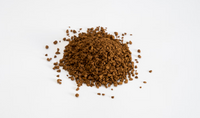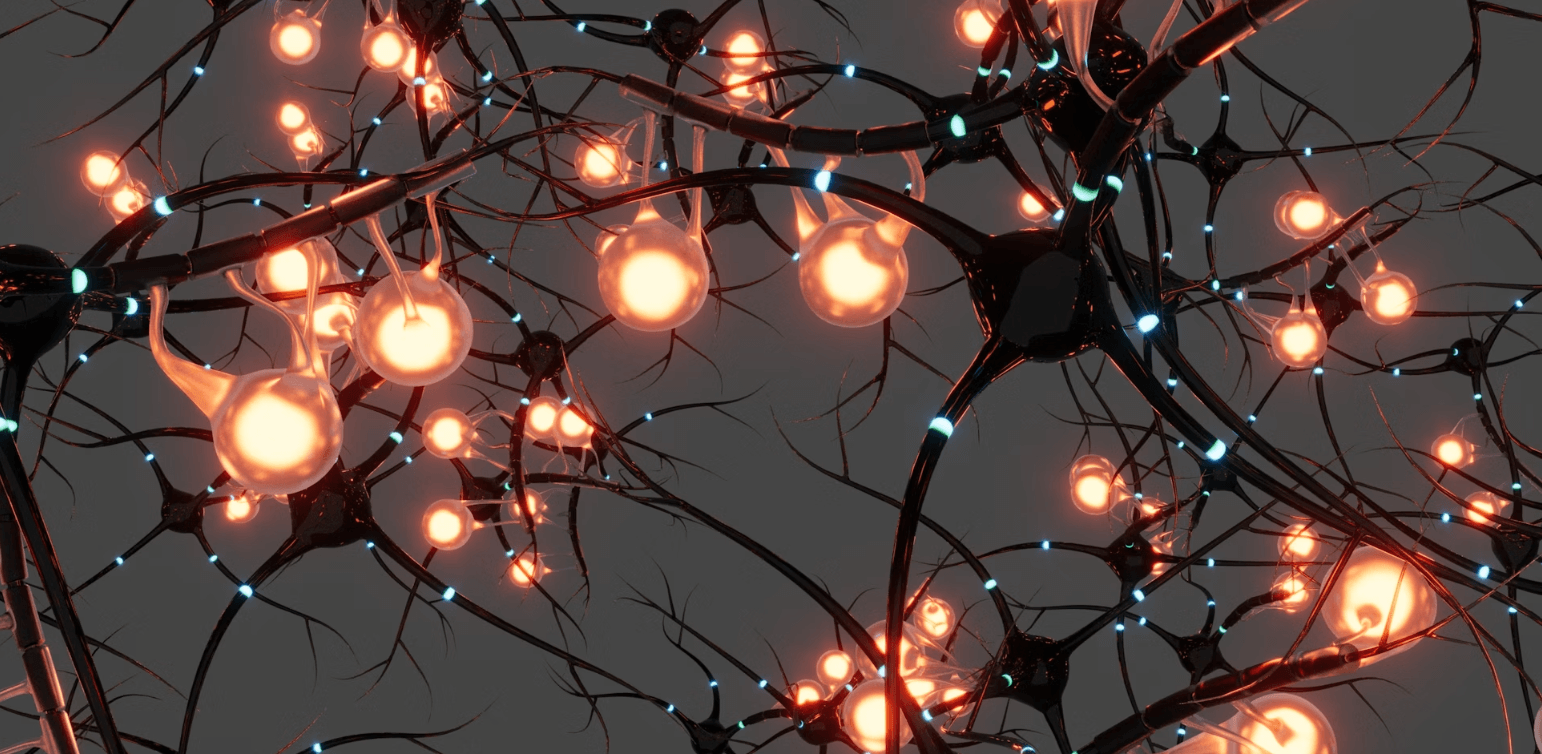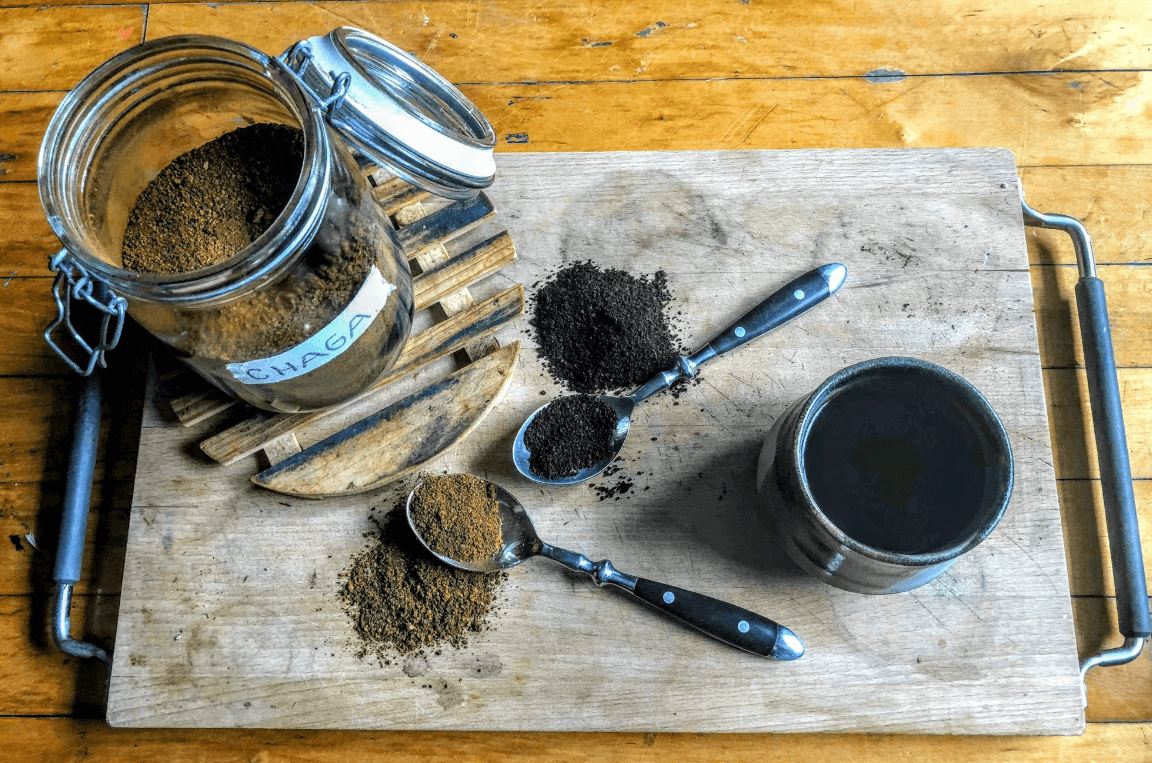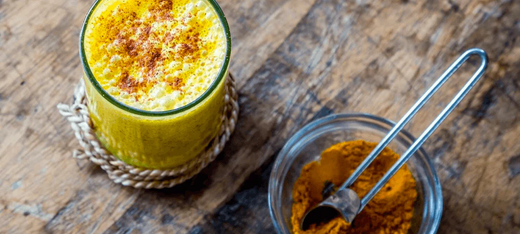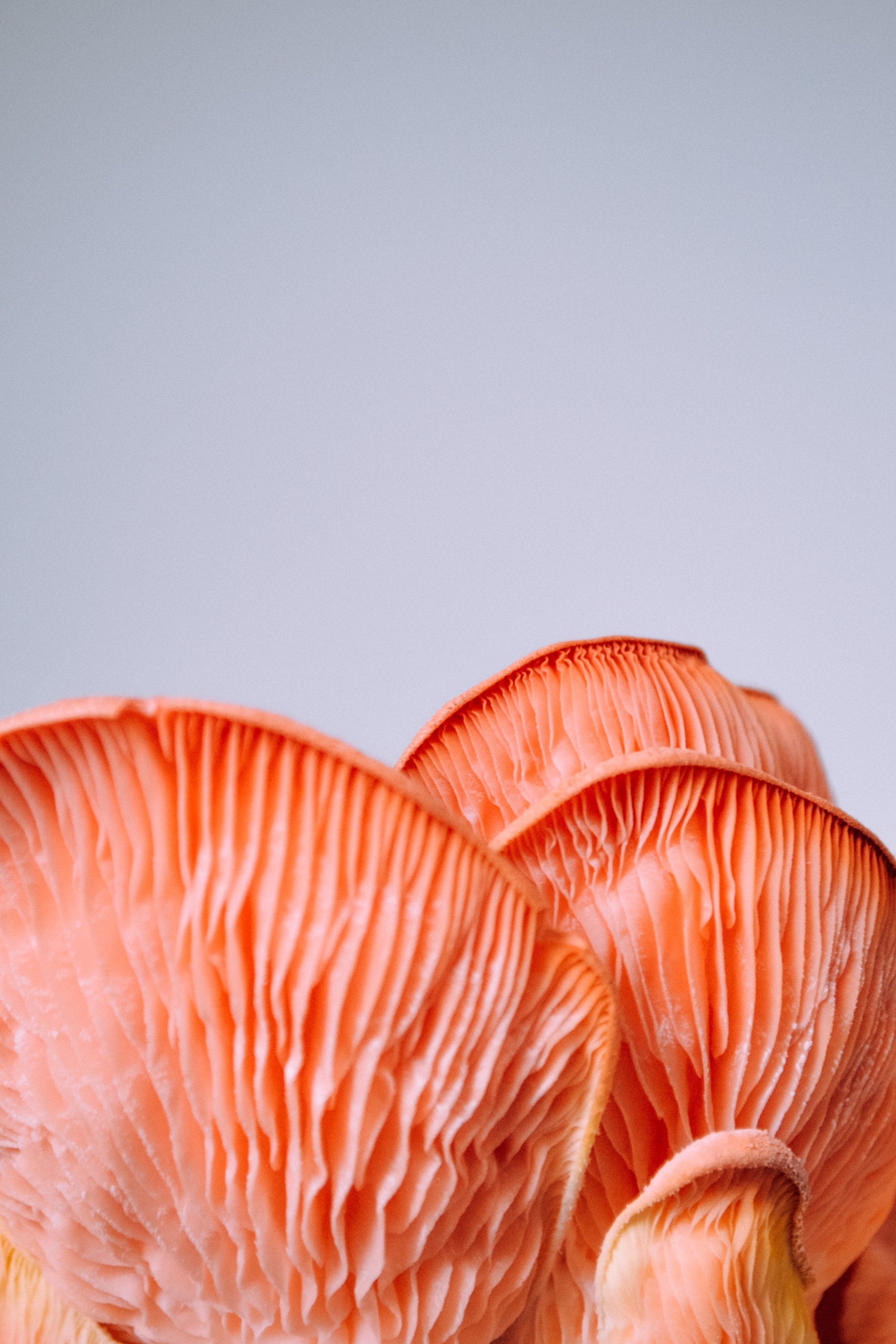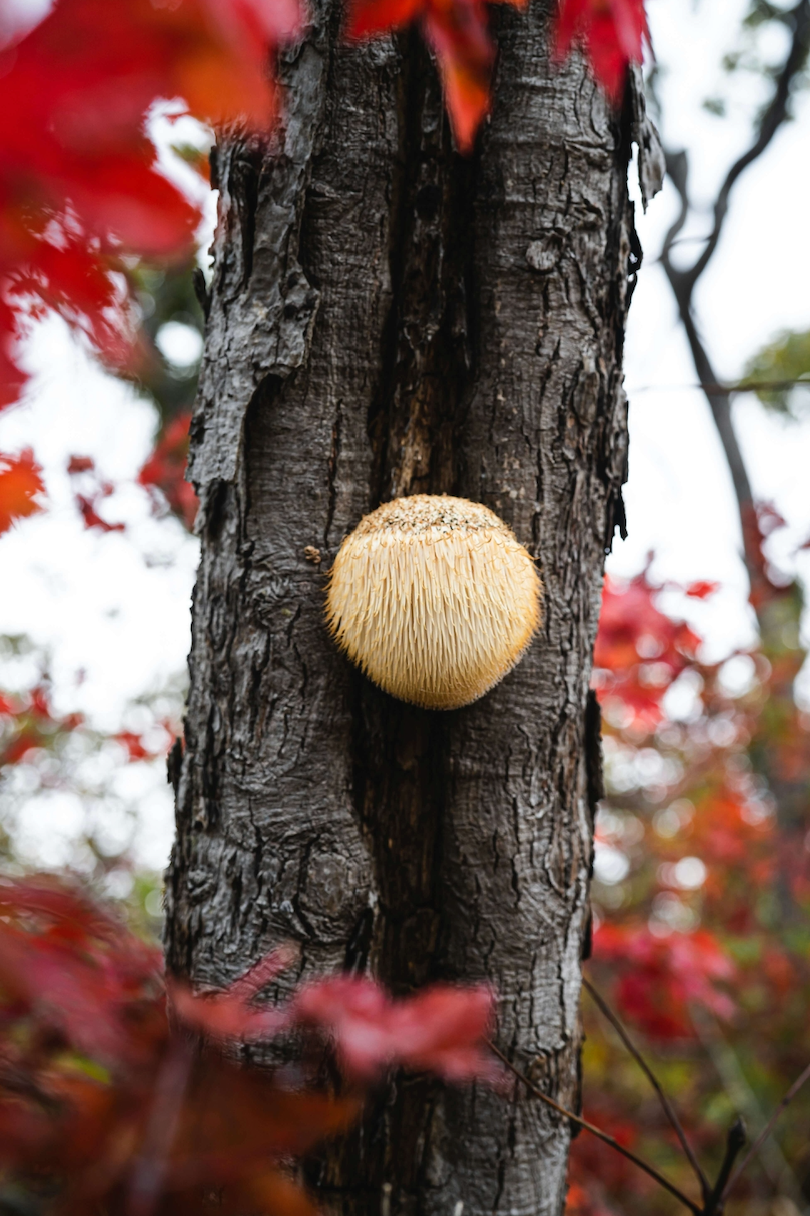L-Theanine is an amino acid that is not common in the diet but is an essential constituent of green tea. It has been shown to enhance cognitive performance, particularly when the cognitive load is high. In fact, the Japanese have a tradition of drinking green tea before studying. The combination of caffeine and L-theanine is called a "matcha blend," and it is used by many Japanese university students.
It’s also found in some types of edible mushrooms including Boletus badius. This mushroom is commonly known as the "Fly Agaric" because of its resemblance to a fly. It has a very similar smell to the stinkhorn mushroom. It grows in moist soil in shady areas, and the fruiting bodies appear in summer and autumn. It has been used for centuries in traditional medicine.
The scientific name for the chemical is Gamma-ethylamino-L-glutamic acid and commonly it’s also known as Suntheanine. It’s used as a dietary supplement. It’s a naturally occurring amino acid found in tea leaves, coffee beans, and certain mushrooms. In fact, suntheanine is the primary active ingredient in matcha green tea, a popular Japanese drink. The drink has been used for centuries in traditional Chinese medicine to help reduce anxiety and stress. In fact, the Japanese call the drink "the calmative of tea." However, the effects of the drink are not entirely understood. Some studies have suggested that it can help improve memory and reduce the risk of depression.
The History of L-Theanine
It was identified as a major constituent of green tea in 1949. Later on, it was isolated from gyokuro leaves in 1950.
In green tea, theanine is thought to be a source of savory or brothy flavor (umami). Umami is a taste sensation found in Japanese food, which is described as having a meaty, savory, and slightly sweet taste. The Japanese have long associated it with monosodium glutamate, a chemical used in the food industry. However, in the last few decades, umami has been linked with another molecule called glutamic acid. Glutamic acid is an amino acid found in many foods, including tomatoes, mushrooms, and onions. There are now many foods that have a lot of umami in them that can be found in supermarkets all over the country.
It was approved in Japan in 1964 for use in almost all foods, including chocolates, soft drinks, and herb teas, except infant foods.
The Science of L-Theanine
L-Theanine is very much similar to glutamine in structure and also both its neurotransmitters (GABA and glutamate). GABA is an inhibitory neurotransmitter that is responsible for the regulation of mood and sleep. Glutamate is an excitatory neurotransmitter that is responsible for the transmission of information between nerve cells. Theanine is a non-protein amino acid that is present in tea leaves. It is known to have calming and relaxing effects. L-theanine has been used as an ingredient in a number of foods, including some energy drinks and nutritional supplements.
GABA, glutamate, and L-theanine are known to cross the blood-brain barrier and reach the brain. They are the three primary amino acids (a group of organic compounds containing nitrogen) in the body. Glutamate is the most important excitatory neurotransmitter in the brain, while GABA is the most important inhibitory neurotransmitter. L-Theanine is a non-protein amino acid that is a constituent of tea but is also present in many other plants. It is thought to be the main ingredient that makes green tea so relaxing and calming.
An important fact about L-theanine is, it may affect the levels of certain chemicals in the brain. It is well known that some amino acids, including L-theanine, are produced by the body, and are thus essential nutrients. But L-theanine is unique in that it is produced naturally within the body and is not a dietary supplement. The exact mechanism by which it works is still being researched, but there is some evidence that it may help balance neurotransmitters in the brain.
These include serotonin and dopamine, which influence mood, sleep, and emotion, and cortisol, which helps the body deal with stress. Cortisol (corticosteroid) is a steroid hormone produced by the adrenal glands. Cortisol has a major role in regulating blood sugar levels, blood pressure, and the immune system. In addition to these functions, cortisol is also a key player in the fight-or-flight response. When we feel threatened, our bodies release cortisol to help us prepare for either flight or fight.
A change in the balance of these chemicals can change a person's mood or stress levels.
L-Theanine can be taken via a diet high in green tea ingestion that is the only dietary source of L-Theanine, and it’s also available as a supplement.
Health benefits associated with L-Theanine
May Reduce Blood Pressure
L-Theanine may help in reducing blood pressure by relieving stress.
Reduced blood pressure is directly linked to a decreased risk of heart attack and stroke.
Boosts The Immune System
Studies have shown that taking L-Theanine could boost a person's immune system.
Its anti-inflammatory properties could also help fight illness. It has been shown to be effective at lowering blood pressure, relieving pain, reducing symptoms of depression, improving sleep, and more.
Research shows that it can reduce the risk of getting common colds or the flu.
May Support Certain Cancer Drugs
Some research suggests that L-Theanine can may enhance the effectiveness of doxorubicin (a chemotherapy drug) but scientists still need more research to understand the specific interactions between the two chemicals.
May Help In Reducing Weight
As mentioned above that L-Theanine is a source of umami flavor, which helps in reducing appetite. Ultimately leading to weight loss.
Increase Cognitive Performance
According to some research, the neuroprotective effects of L-Theanine have been found to help support improving brain functioning.
It may improve a person's attention and reaction times on its own.
L-Theanine works better with caffeine. L-theanine is a non-protein amino acid found in green tea. It relaxes the central nervous system. L-theanine works better with caffeine. It helps to relax your muscles and calm your nerves. It can also help you sleep better.
Relaxation
Green tea is often taken by people to relax. Studies have shown that L-Theanine in green tea contributes a lot in the feelings of relaxation by reducing a person's resting heart rate.
Improved Sleep
When a person is relaxed, he or she is more likely to enjoy a good, deep sleep.
Deep sleep can also be associated with the effects of L-Theanine on certain chemicals in the brain, which control sleep.
Before adding L-theanine as a supplement, one should consult his or her doctor.
There are no noted side effects of L-Theanine unless you’re allergic. It may interact with certain medicines.

Best Way to Drink L-Theanine
People have drank green tea for centuries to enjoy the stress-relieving and sleep promoting benefits of L-Theanine. L-Theanine is a naturally occurring amino acid found in tea leaves. It is believed to be responsible for many of the health benefits attributed to green tea. In particular, it is claimed that L-Theanine promotes relaxation and improves concentration.
Green tea contains caffeine, which is a stimulant. However, the caffeine in green tea is not as strong as that in coffee, and it does not have the negative side effects of caffeine on the heart, nervous system, and stomach. Caffeine also increases blood pressure, but green tea contains an enzyme called caffeinease, which breaks down caffeine very quickly. As a result, tea drinkers do not experience the same level of stimulation from caffeine as people who drink coffee. In addition, green tea has several antioxidants that may help protect against cancer and cardiovascular disease.
Now you don’t even have to be a tea drinker to enjoy L-Theanine because we have infused it into a delicious coffee with 5 other brain healthy ingredients. Try our Super Brain Blend instant coffee.

